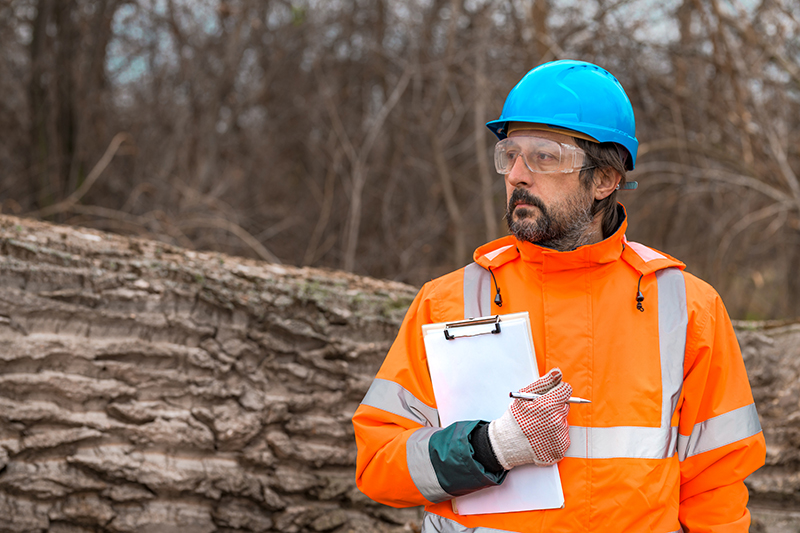
Scammers follow weather reports just
like everyone else — and when disaster strikes, they’ll strike, too. Here are
ways those scams play out, and how you can be prepared.
General Tips:
- Be aware of scams: Scammers may impersonate relief organizations and ask for donations or personal information. They may also send fraudulent emails or social media messages with malicious links or attachments.
- Verify identity: FEMA personnel and other officials have official identification badges with photo IDs. A FEMA shirt or jacket is not proof of identity.
- Don't provide personal information: Don't give out personal information like your Social Security number or bank account information to anyone who asks for it.
- Don't pay upfront: Don't pay a contractor or business upfront for their services.
- Get written estimates and contracts: Get written estimates from more than one contractor and review contracts carefully before signing.
- Check with a local home builders' association: Find out if there are complaints against contractors you're considering.
- Stay up to date: Follow trusted local media for updates on disaster fraud and scams. You can also check FEMA's "Rumor Control" pages for information on scams in your area.
Common Scams after
Hurricanes:
- Unlicensed contractors and scammers: They may contact you promising to fix your leaky roof, clean up water damage, or remove a fallen tree. They often won't give you a written contract and will try to get you to pay in full, in advance (often overcharging for services). If you pay, they might do shoddy work or no work at all.
- Shady online sellers: They may offer in-demand products at unusually low prices but sometimes don't deliver. They might just take your money without doing the work or shipping your order.
How To Plan Ahead To
Avoid Scams:
- Check your insurance policy: Check to make sure your insurance policy is current and find out what is covered — and what isn’t.
- Check out contractors before you need one:Ask people you know and trust for recommendations. Search online for the company’s name with words like “scam” or “complaint.” Online reviews might help you decide what company to hire.
- Check how recent the reviews are, and watch for a burst of reviews over a short period of time. That can sometimes mean the reviews are fake.
- Check if the reviewer has written other reviews. If so, read those to get a better sense of how much to trust that reviewer. If it seems that the reviewer has created an account just to write one review for one product, that review may be fake.
- Get credentials: Find contractors who are licensed and insured. Check with your state or county government to confirm a contractor’s license or confirm it through Labor Licensing Regulation (LLR) (external link). When the time comes to hire, ask the contractor for ID, proof of insurance, and references.
- Research online sellers before you buy: When you need materials to prepare for or recover from a weather emergency, ads that promise great deals from companies you know and trust might seem appealing. But unusually low prices are a sign of a scam. If you see an ad for what seems like a familiar company but you’re not sure the ad is real, check it out. Go to the company’s website using a page you know is real — not the link in the ad.
- Be cautious with payment methods: Scammers will make promises, ask you to pay upfront, and insist you pay in ways that make it hard to get your money back. Anyone who insists you pay by cash, gift cards, wire transfer, payment apps, or cryptocurrency is a scammer. Get a contract and all promises in writing. If you can, pay by credit card after the work is done.
Report Fraud or Scams:
- Contact FEMA Investigations and Inspections Division:
- Email: StopFEMAFraud@fema.dhs.gov
- Phone: 866-223-0814
- Fax: 202-212-4926
- Mail: 400 C Street SW Suite 7SW-1009 Mail Stop 3005 Washington D.C., 20472-3005
- Contact your State consumer protection offices | USAGov (external link)
- Report corruption, fraud, waste, abuse, mismanagement or misconduct to Hotline | Office of Inspector General (dhs.gov) (external link)
- File a complaint with the National Center for Disaster Fraud (NCDF) | NCDF Disaster Complaint Form (justice.gov) (external link)
- Visit IdentityTheft.gov (external link) to report and recover from identity theft.